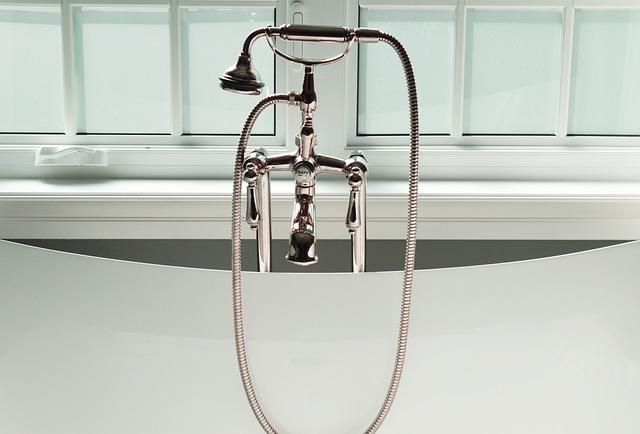When we envision our dream residential property, we often picture the grand layout, the perfect location, or the stunning architectural detail. While these aspects are crucial, many buyers overlook the more practical details, such as are the fixtures operational and without damage or missing parts. Fixtures are essentially things that are within a structure and are connected to it. Or, if you’d like, “fixed.” So before buying a property check the fixtures work!
Fittings And Contents Form
You may think that you have covered everything by ensuring that you have agreed a fixtures and contents form with the sellers as part of the conveyancing process, but how do you know if the fixtures are in operating order as part of the property sale?
Don’t just focus on whether toilet roll holders, garden ornaments and curtain rails will be left behind!
The current owners, seller’s estate agent and seller’s solicitor are not legally obliged to tell you about equipment defects and service defects. In fact UK estate agent websites generally have a disclaimer on this point. So its home buyer beware before you exchange contracts! If the final contract doesn’t mention fixes that must be done its sadly too late.
Understanding the Importance of Checking Fixtures
You may wonder, why are fixtures so important? Aren’t they just minor, replaceable details? True, you can replace them, but it’s easier, less expensive, and less stressful if they are in good condition from the start.
When it comes to fixtures, their significance goes beyond being replaceable parts. They are essential elements that contribute to the overall functionality and aesthetic appeal of a property.

Fixtures play a crucial role in both the value of the property and the quality of your living experience.
The Role of Fixtures in Property Value
From a real estate agent’ perspective, fixtures play a significant role in the value of the property. They represent a considerable investment and contribute to the overall appearance and functionality of the home. Well-maintained fixtures can significantly increase a property’s market value, while faulty ones can decrease the value.
Imagine a buyer walking into a house with outdated fixtures, rusty faucets, and malfunctioning lighting fixtures. These visual and functional flaws can create a negative impression and lead to a lower valuation. On the other hand, a property with modern, well-maintained fixtures can attract potential buyers and command a higher price.
Fixtures such as kitchen cabinets, bathroom fixtures, lighting fixtures, and built-in appliances are considered permanent fixtures, which means they are typically included in the sale of the house purchase the property. Therefore, ensuring that these fixtures are in good condition is not only beneficial for your own enjoyment but also for maximizing the return on selling your investment.
How Fixtures Affect Your Living Experience
Fixtures also greatly impact your living experience. Leaking faucets, flickering lights, or an ineffective heating system can make living in the most beautifully designed house a nightmare. So don’t underestimate the value of properly working fixtures.
Imagine waking up on a cold winter morning, hoping for a warm and cosy home, only to find out that your heating system is malfunctioning. The discomfort and inconvenience caused by faulty fixtures can disrupt your daily routine and negatively affect your overall well-being.
Furthermore, fixtures such as faucets/taps, showers, and toilets are used daily. A leaky faucet/tap not only wastes water but can also be irritating and frustrating.
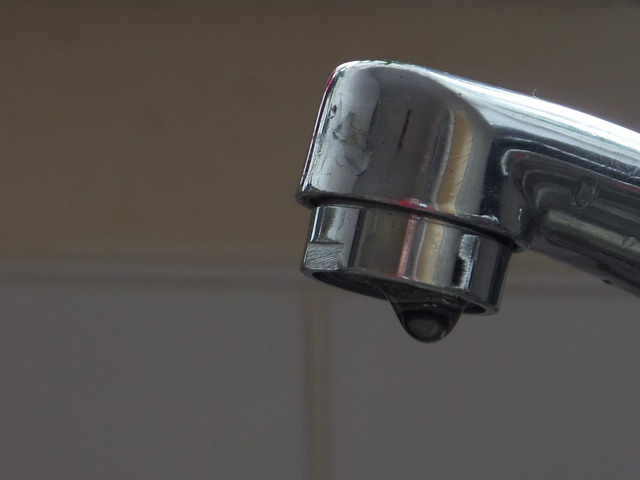
The constant dripping sound can disturb your peace and tranquility at home. Similarly, inadequate lighting can strain your eyes and make it difficult to perform everyday tasks.
On the other hand, well-functioning fixtures enhance your living experience.
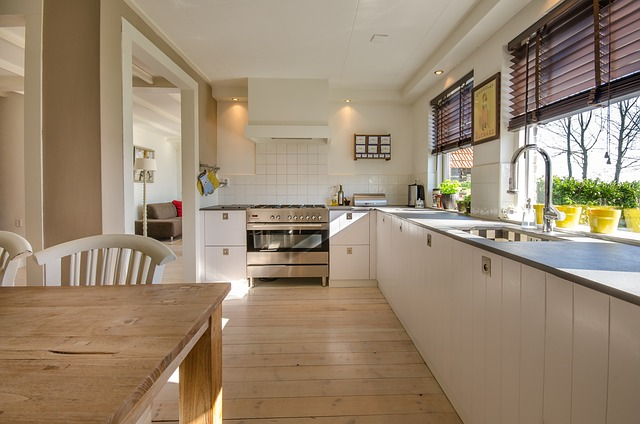
A well-designed and properly functioning kitchen can make cooking a joyous and efficient experience. A comfortable and well-lit bathroom can create a relaxing atmosphere for unwinding after a long day.
Investing time and effort in regularly checking and maintaining your fixtures can save you from the inconvenience and cost of repairs or replacements in the long run. It ensures that your living space remains comfortable, functional, and visually appealing. A few items that do not work can give you buyers regret and ruin your moving in day.
Types of Fixtures to Check in a Property
When inspecting a property, there are several fixtures you must check. These include some often overlooked items. It is important to thoroughly examine all the fixtures to ensure the property is in good condition and to avoid any future problems that may arise.
Plumbing Fixtures
The plumbing fixtures include faucets, showers, and toilets. Inspect these carefully for any leaks or damages. Leaky faucets/taps can not only waste water but also indicate underlying plumbing issues.
Check for any signs of water damage around the fixtures, such as discoloration or mould. Additionally, test the water pressure in each fixture to ensure it is adequate. Faulty plumbing fixtures can lead to costly repairs and inconvenience, so it’s crucial to address any issues before finalizing the property purchase.
Electrical Fixtures
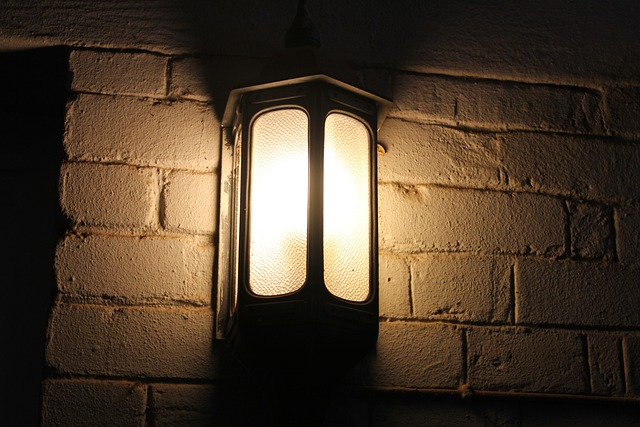
Check every switch, outlet, and light fittings in the house. Any signs of faulty wiring can pose serious safety threats in the future. Inspect the switches to ensure they are functioning properly and that there are no loose connections. Test each outlet with a voltage tester to ensure they are providing the correct amount of electricity. Faulty electrical fixtures can not only be a safety hazard but can also result in damage to appliances and electronics. It is advisable to hire a professional electrician to inspect the electrical fixtures thoroughly and make any necessary repairs.
Heating and Cooling Systems
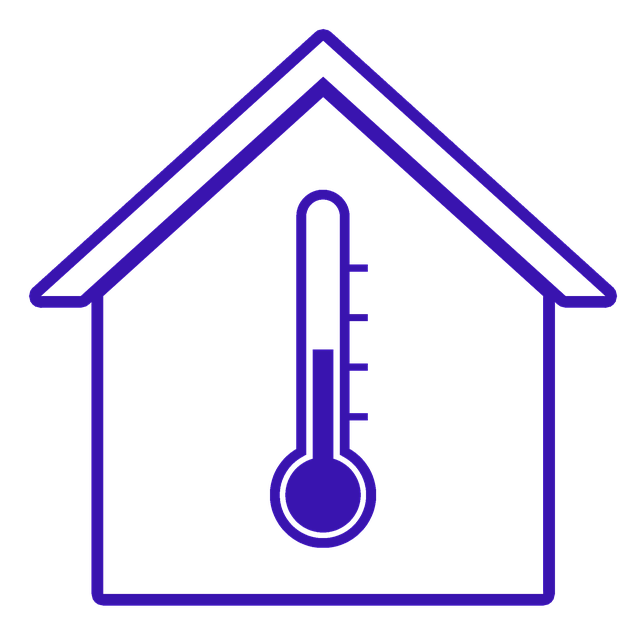
Don’t forget to inspect the home’s heating and cooling systems. These can be expensive to replace if they’re not working efficiently. Check the furnace or boiler to ensure it is in good working condition and properly heating the property. Inspect the air conditioning unit to ensure it cools the property effectively. Check the ventilation system to ensure proper airflow throughout the house. It is also important to inspect any additional heating or cooling fixtures, such as radiators or heat pumps, to ensure they are functioning optimally. A malfunctioning heating or cooling system can result in discomfort, high utility bills, and potentially costly repairs or replacements.
Imagine built in wardrobe doors, kitchen units, and cupboard doors that do not align or close. This is sure to annoy you every day.
How to Inspect Various Fixtures
After identifying the types of fixtures to check, the next step is understanding how to inspect them.
When it comes to inspecting fixtures, there are several factors to consider. Not only do you want to ensure that they are functioning properly, but you also want to assess their overall condition and efficiency. This can help you identify any potential issues and make informed decisions about repairs or replacements.

One option is to hire a professional inspector. These experts have the experience and tools needed to thoroughly check a property’s fixtures. They know what to look for and can provide a comprehensive assessment of their condition. However, it’s important to note that hiring a professional inspector may not always be feasible, especially if you’re on a tight budget.
Professional Inspection vs. DIY Inspection
While a professional inspection is ideal, there are still ways to conduct a DIY inspection that can provide useful insight into the condition of the fixtures, provided you do it correctly.

When opting for a DIY inspection, it’s important to approach the task with caution. Take the time to research and educate yourself on the specific fixtures you’ll be inspecting. This will give you a better understanding of what to look for and what potential issues may arise.
Additionally, make sure you have the necessary tools for the job. Depending on the type of fixtures you’ll be inspecting, you may need different tools. For example, if you’re checking plumbing fixtures, a wrench will come in handy for assessing any leaks or loose connections. On the other hand, if you’re inspecting electrical outlets, a tester will be necessary to ensure they are functioning properly and safely. Don’t forget a thermometer either, as it can help you assess the efficiency of the heating or cooling systems.
If you commission a home inspection check that it includes the operation of fixtures and equipment. When we have performed home inspections bathroom suites might look great, but we have found seized cold water faucets/taps, toilets that didn’t flush, and more.
Tools Needed for Fixture Inspection
If you opt for a DIY inspection, you’ll need some basic tools to get started. These tools will vary depending on the type of fixtures you’ll be inspecting. Here are a few examples:
- A tester for electrical outlets
- A thermometer to check the efficiency of the heating or cooling systems
- A flashlight for better visibility in hard-to-reach areas
- A ladder to access fixtures that are higher up
Having these tools readily available will make your DIY inspection more efficient and effective. Remember to always prioritize safety and take necessary precautions when inspecting fixtures, especially if you’re dealing with electrical or plumbing systems.
Common Issues with Property Fixtures
While inspecting, be aware of some common issues that can arise with property fixtures.
Leaky Faucets/Taps and Pipes
Frequent culprits in plumbing issues are leaky faucets/taps and pipes, which can result in surprisingly high water bills and potential water damage over time.
Faulty Wiring
Faulty wiring can cause flickering lights, unresponsive outlets, and could even lead to dangerous fires. It’s crucial to identify and fix any electrical problems ASAP.
Inefficient Heating or Cooling Systems
If a heating or cooling system isn’t operating as it should, it can make the property uncomfortable to live in. It can also lead to increased energy bills.
Negotiating Repairs or Property Price Reductions
If you find issues with the fixtures during an inspection, there are ways to address this before finalizing the property’s full purchase price.
When to Ask for Repairs

If the problem is considerable, such as a major plumbing or HVAC issue, you should ask the seller to repair it before the sale. However, if the problems are minor, consider fixing them yourself rather than drawing out the buying process.
To Sum Up
By thoroughly inspecting the plumbing fixtures, electrical fixtures integrated appliances, built in furniture, heating and cooling systems in a property, you can identify any potential issues and make informed decisions about the property purchase. Remember, it is always recommended to hire professionals to conduct thorough inspections to ensure the safety and functionality of these essential fixtures.

If the seller is unwilling or unable to make the necessary repairs, consider negotiating a reduction in the property’s price. You’ll need to solicit quotes for the repair costs and present them during the negotiation process.
Remember, buying a property is a huge investment. Ensuring that everything, including the fixtures, is in working order can save you a lot of time, money, and stress in the future. So before you sign on any contracts dotted line, it is extremely important to check those fixtures. The sellers do not have an obligation to make sure the fixtures and fittings work once you sign the sales contract!
When you get a home inspection report get a copy of their checklist, and make sure it covers whether fixtures work.
The Brightchecker Team perform fixtures checks in the east of England.
Also Read
What to look for when doing a home inspection
Do I need a pool inspection when i buy a house?
See more Helpful Content
Visit our Homepage

